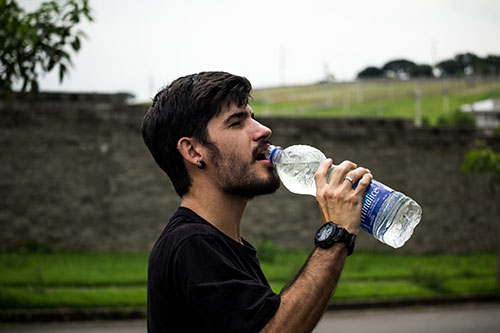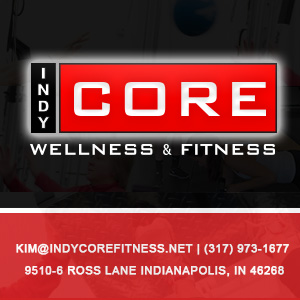
By: Megan Lambert
What exercises or workouts do you perform when you go to the gym? Maybe you choose the latest workout from a fitness magazine, search online for a “10-minute ab workout”, or ask your buddies what lifts you should do. Although these methods may work to an extent, they are not the most effective way to reach your goals.
Continue reading You Need A Coach



